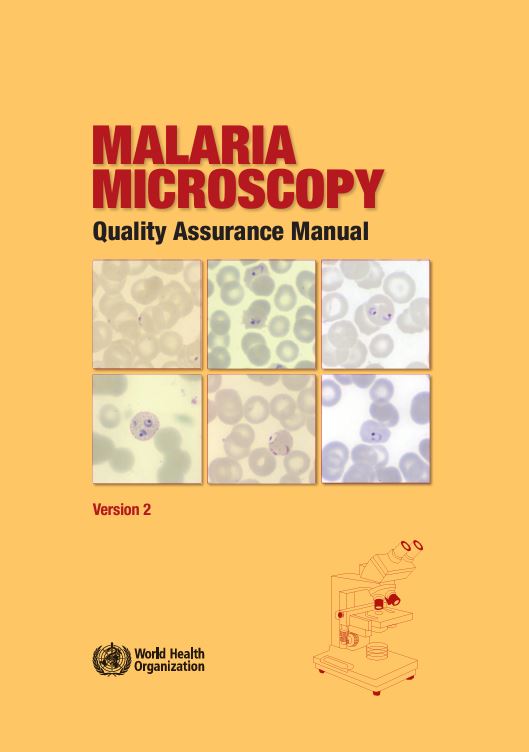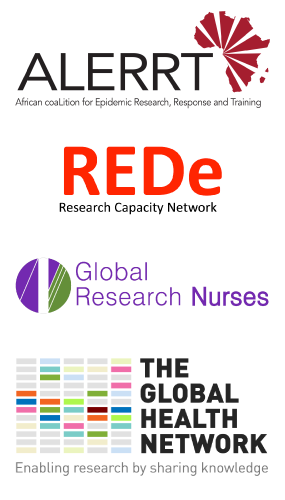Last Updated: 28/05/2025
Automated mobile microscopy for malaria diagnosis and surveillance in Uganda
Objectives
The goal of the proposed research is to develop a rapid, low cost, accurate and simple in-field screening system for microscopy challenges like malaria. Specifically, this study will test and validate developed image analysis models for real time field-based diagnostics and surveillance of malaria.
Malaria is one of the leading health problems of the developing world. Malaria endemicity has been attributed to poor diagnosis at the lab level. This quite often leads to disease misdiagnosis and drug resistance. Many developing countries are faced with a lack of critical mass of lab technicians to diagnose the disease through a gold standard mechanism of microscopy and this has worsened the already dire situation in some of these Countries. World over the trending technologies are now based on machine learning and deep learning techniques. These can be leveraged with the combination of smartphones to improve disease diagnosis. However, most of the previous work on automation for microscopy diagnosis has been carried out adhocly in the lab environment and no study seems to give a practical field deployable solution. The proposed solution builds from our earlier work on mobile microscopy carried out at Makerere University AI Lab, that has confronted automated microscopy through exploiting recent technological advances in 3D printing to enable development of a low-cost 3D printed adapter. This has enabled attachment of a wide range of Smartphones on a microscope, furthermore, deep learning models have been implemented for pathogen detection to produce effective hardware and software respectively. The software component of our work is to train machine learning methods to recognise different pathogen objects. The diagnosis solutions have however been ad-hoc in its current state where different conditional settings like image scaling, phone resolutions and grid readings were not standardized and therefore poor performance of the model when deployed in field testing. The infield automated screening trials will therefore involve achieving robust outcomes, through 1) Development of machine learning approaches for standardised field-based microscopy of malaria diagnosis in Uganda. 2) Building a complementary framework for real time surveillance and improved diagnosis of malaria platform through in-field diagnostic studies. The point-of-care field-based diagnostic system proposed here addresses a major unmet public health malaria screening and surveillance need to reliably inform public health interventions in malaria control and prevention.
Sep 2023 — Jul 2026
$262,191

